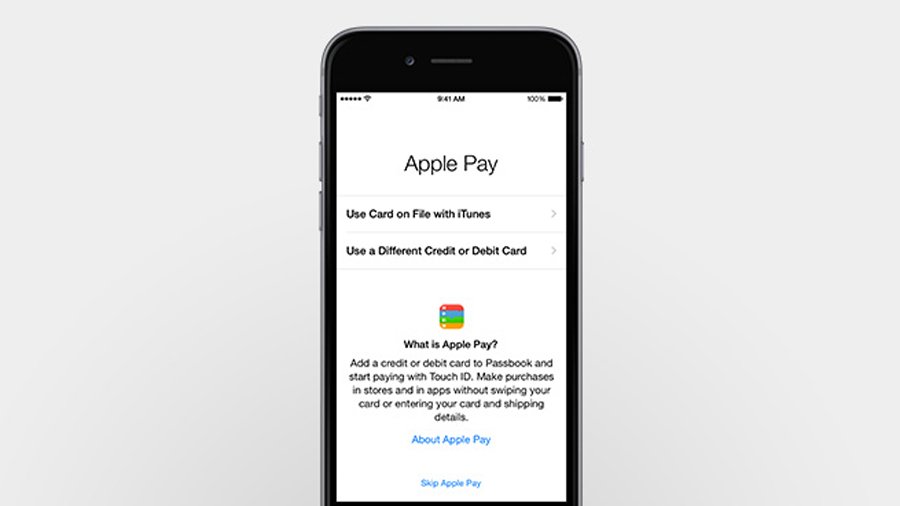Apple NFC service offers a big bite for businesses
Threats and opportunities

For many businesses, Apple's announcement about its plans to bring near-field communication (NFC) to its iPhone 6 and 6+ is a game changer.
Although other device manufacturers have adopted NFC, Apple has an uncanny ability to fuel widespread adoption of a particular technology and ensure it enters the mainstream. But the capabilities of NFC technology are so much more than just payment.
At present NFC based phone payments are made by just 8% of smartphone users in the US according to eMarketer, so Apple's endorsement of the technology should fuel further adoption.
The service, known as Apple Pay, will launch in the US next month, with developers able to build compatible apps using an API.
For retailers, this development presents especially exciting potential - not only can the 80-plus percent of consumers who use their smartphones while shopping now pay for their purchases with a simple tap through Apple Wallet, saving time at the end of the shopping experience, but there is also future potential to interact more fully with the stores while doing the shopping via the Apple API.
- Check out everything businesses need to know about Apple Pay on our sister website, ITProPortal.com
A paradigm shift
If Apple opens NFC beyond payments, retailers will be able to provide an enhanced experience with much greater customer digital participation with store products.
Shoppers will be able to access product photos, reviews, and video by tapping their devices on NFC enabled tags without having to download an app. In turn, retailers will be the recipients of valuable customer intent data from the physical store.
Get daily insight, inspiration and deals in your inbox
Sign up for breaking news, reviews, opinion, top tech deals, and more.
Previously the only way to curate such an experience has been through the use of barcodes and QR codes that customers had to scan, which resulted in little adoption. The reason? Consumers don't want to download and update apps for every store they enter, or to provide personal details to use free Wi-Fi or sign up to an app, all of which create barriers to uptake.
With NFC now a part of the new iPhones, customers will be more open to using the technology through their own personal device without the need for additional downloads.
For the shopper the experience is much more immersive and enjoyable, as well as instant. Furthermore, touching and tapping via NFC is 12 times more engaging than scanning a barcode, according to Harvard Business Review.
It's all about the data
The other key benefit is actionable data for business. By curating an NFC enabled experience where consumers can tap to indicate which products they might be interested in, retailers finally have access to intent data in an offline setting and can target the consumer with offers to encourage them to purchase, similar to the benefits an offline wishlist provides.
Over the next 12 months we'll see personalised location-based experiences taken to market. NFC and beacons, lead by Apple popularisation, will blur the lines of online and offline retail.
A customer will be able to walk into stores, without the commitment of downloading or signing up to experience a more immersive experience, providing data on their own terms.
This will undoubtedly lead to offers and pricing far more personal than today. Where Apple leads, others follow and it is likely that NFC adoption will grow and as a result see payment, big data, location and personalisation converge.
- Ollie Bath, Co-Founder and UK Managing Director, CloudTags, a leader in omnichannel experiences launched in 2012. Based in London, the services and technology company increases sales by providing clients with the ability to know more about their customers in-store. It offers omnichannel analytics that tell clients who their customers are prior to checkout, what they browsed and what they are most likely to buy in the future.